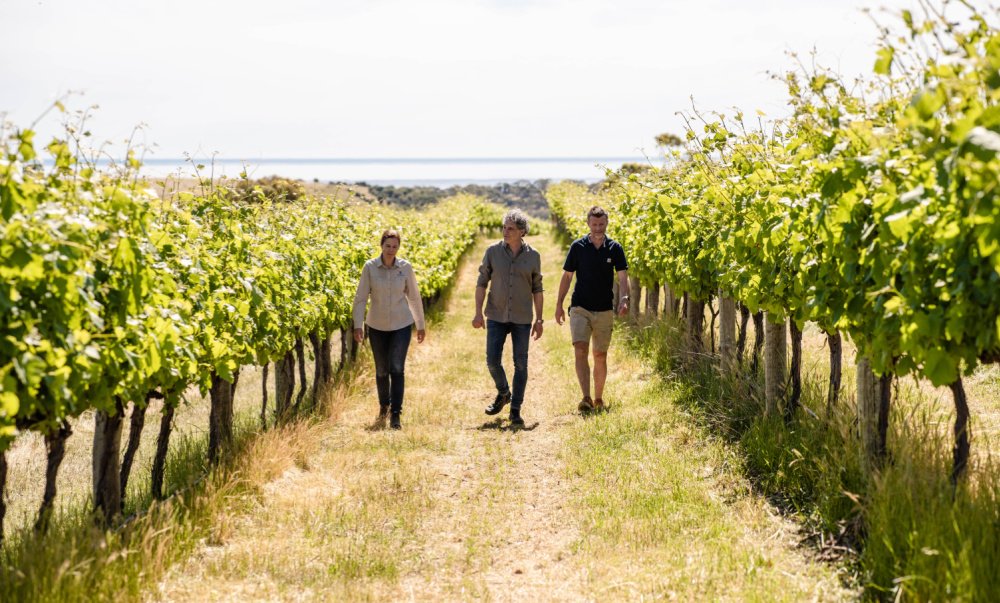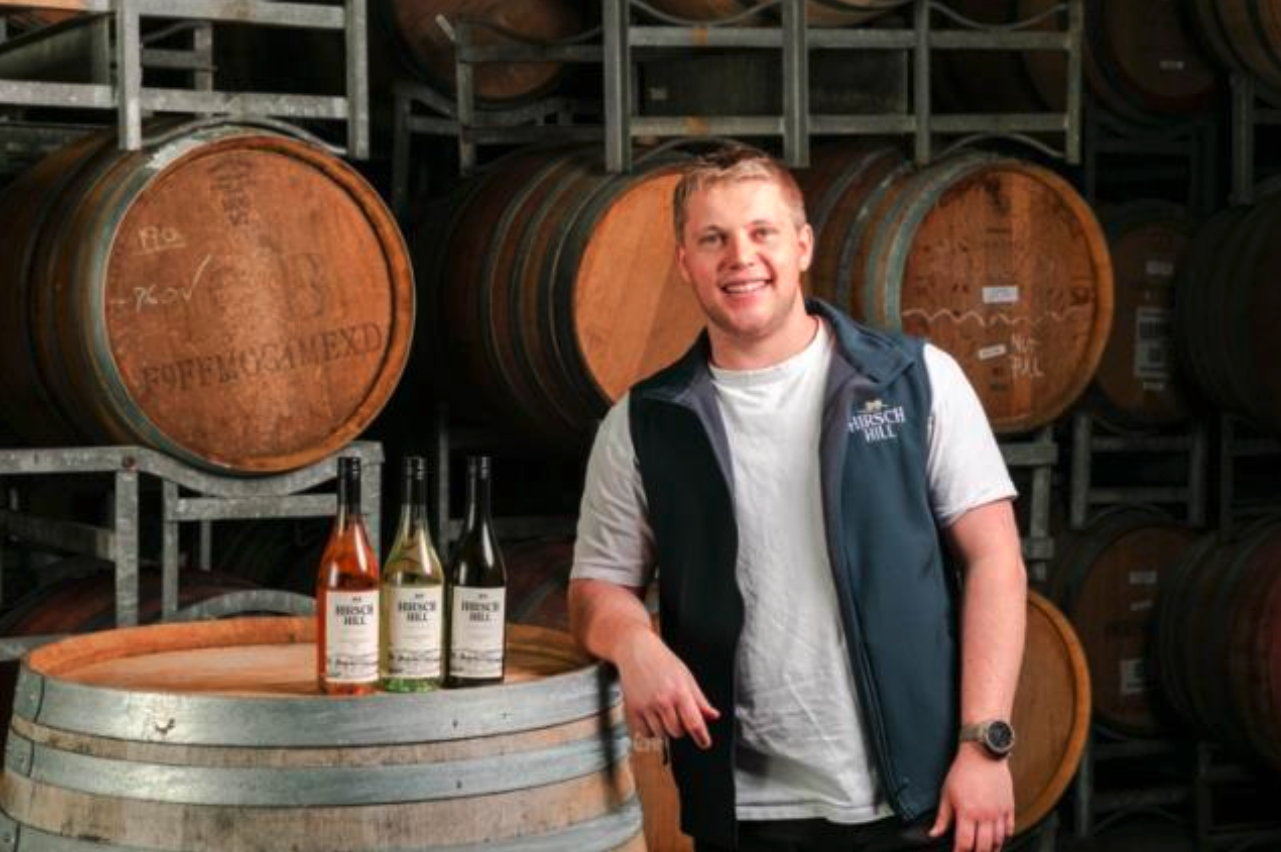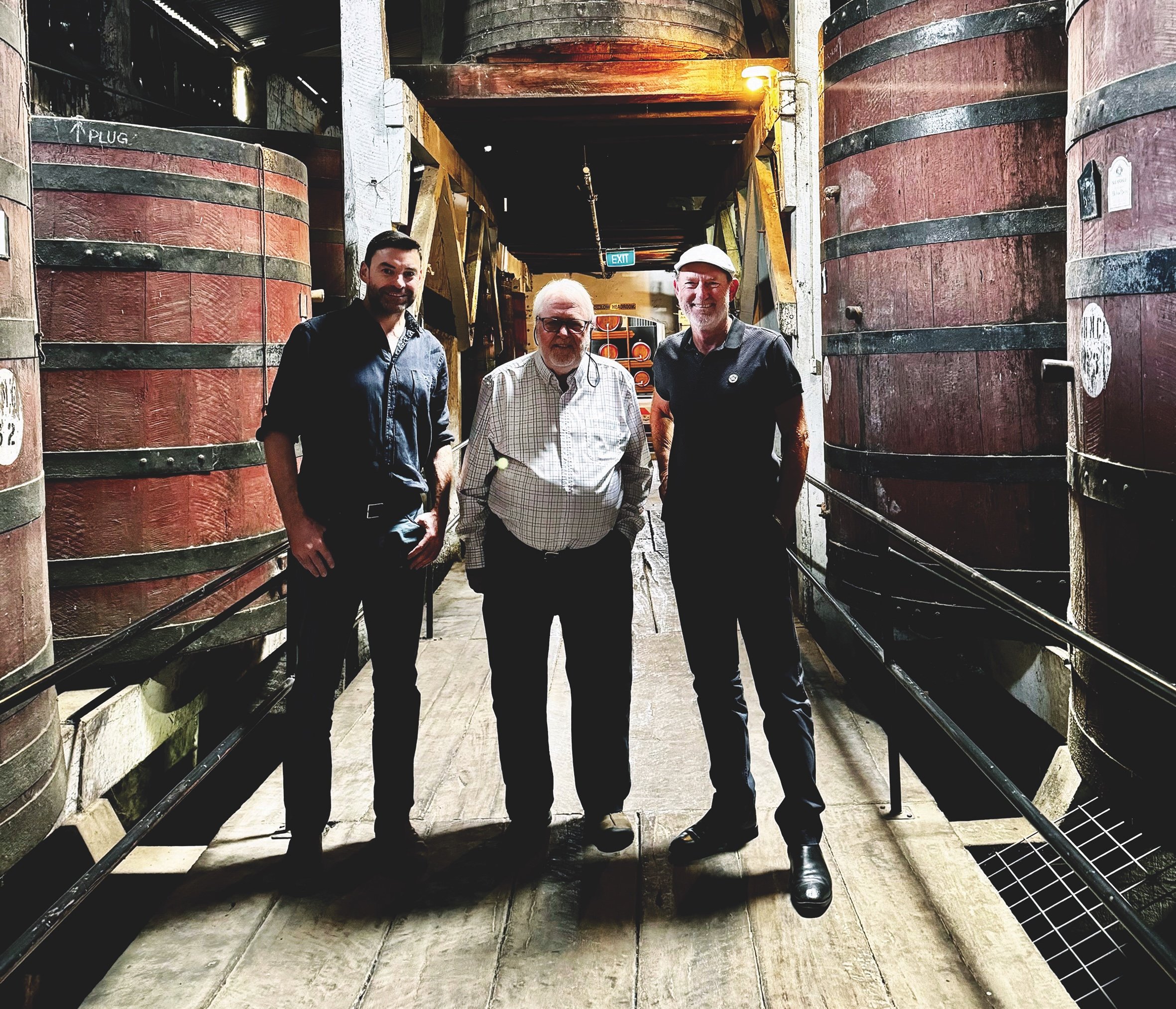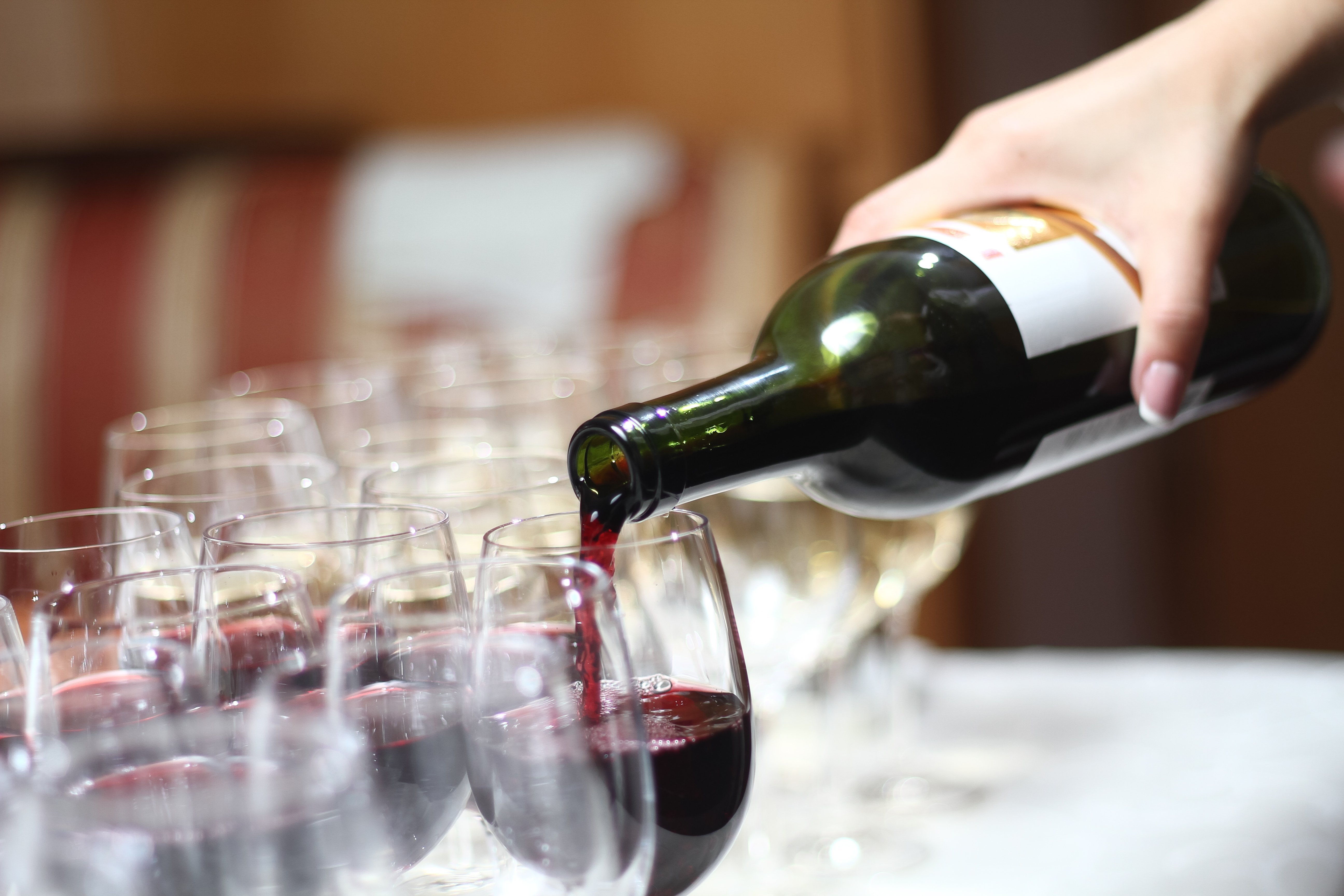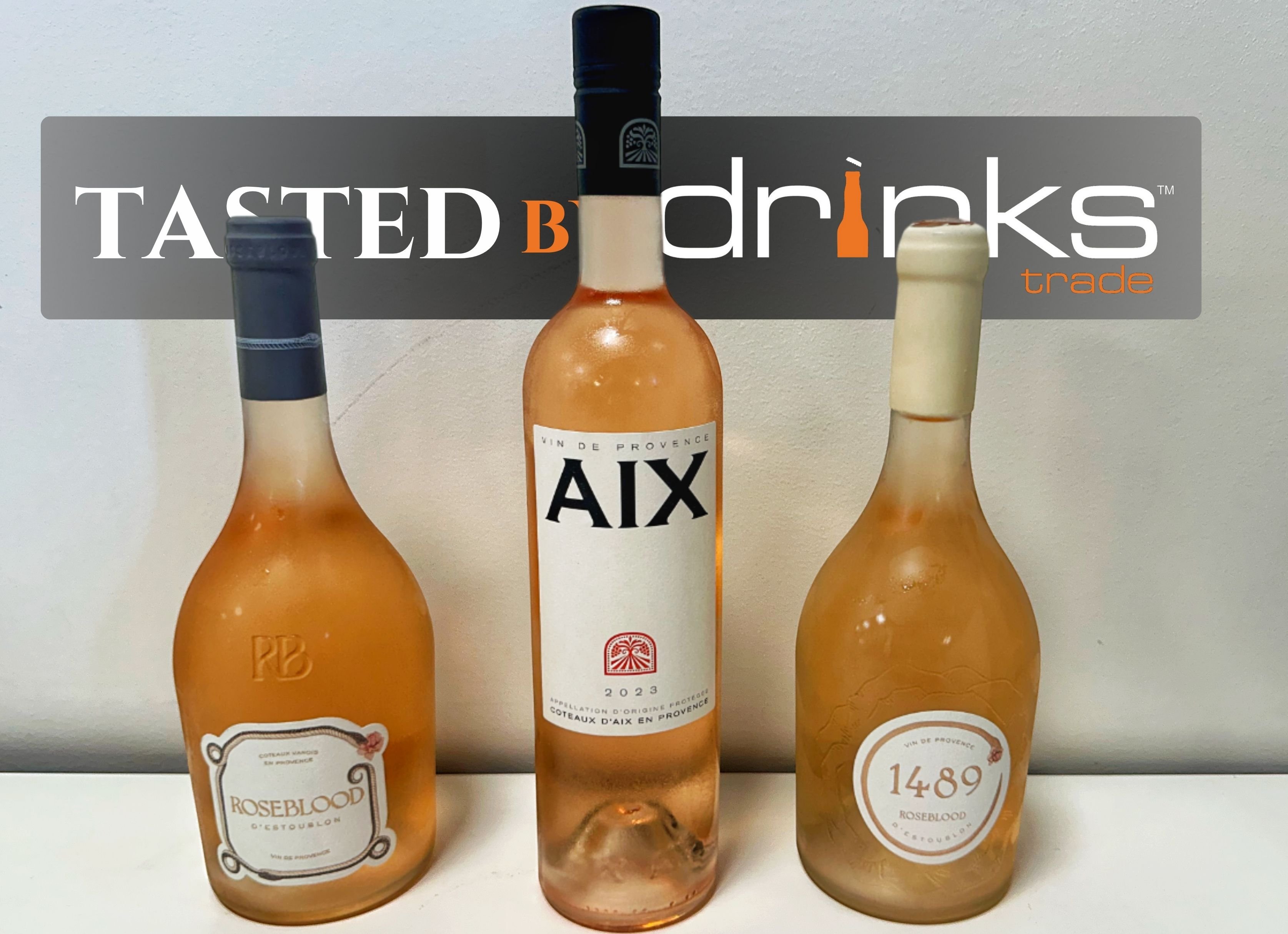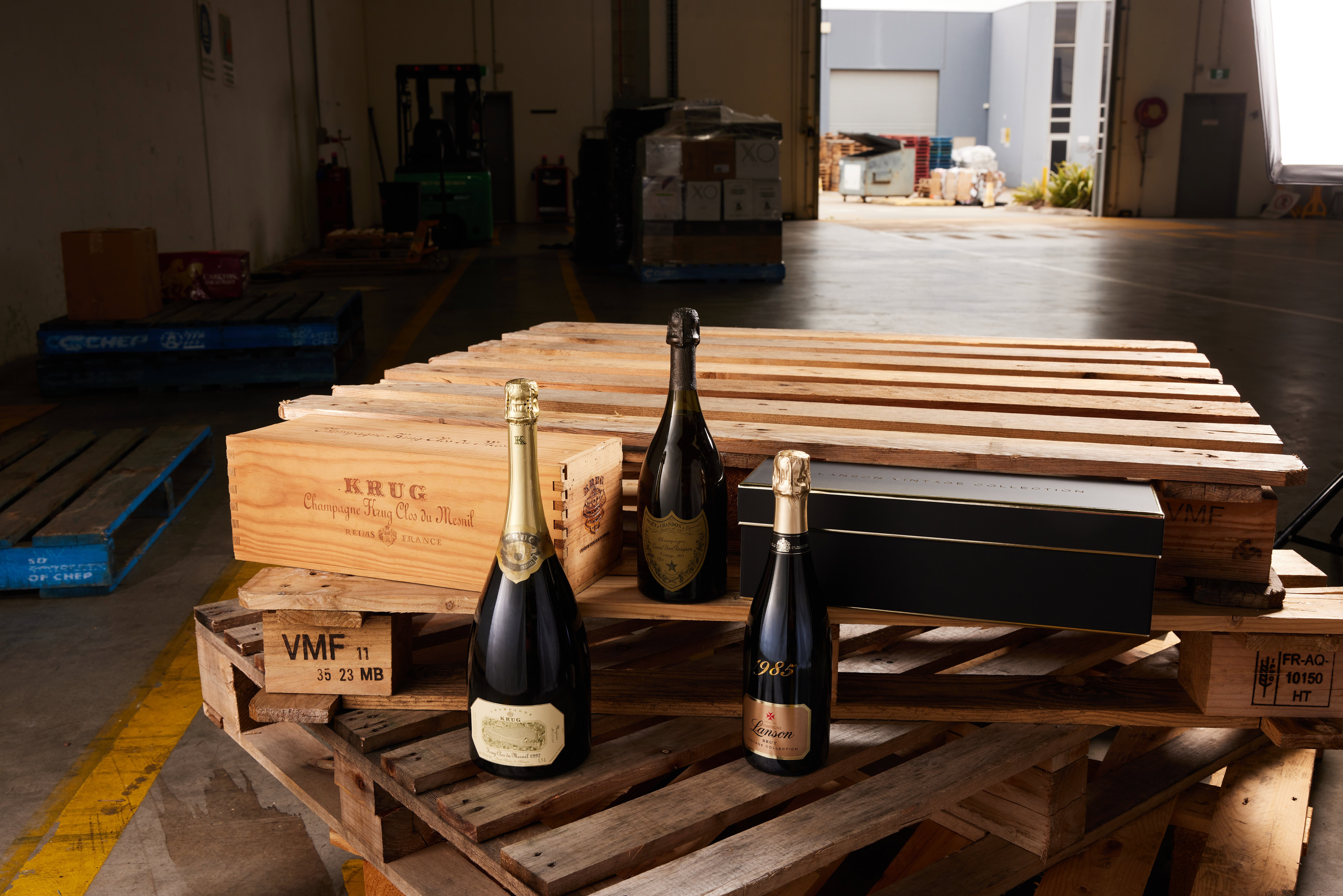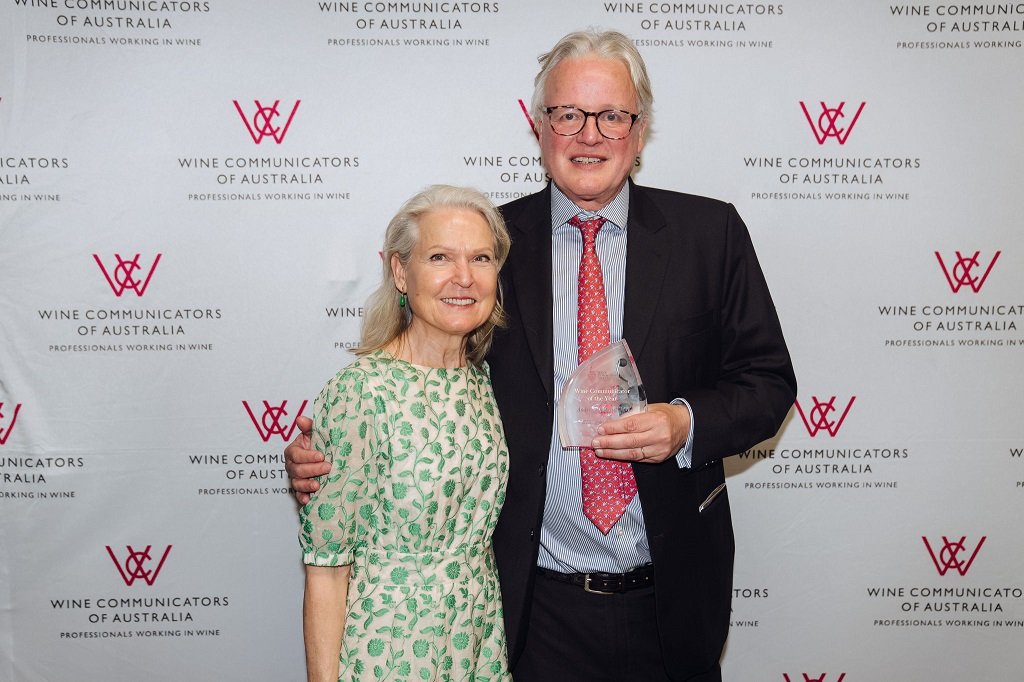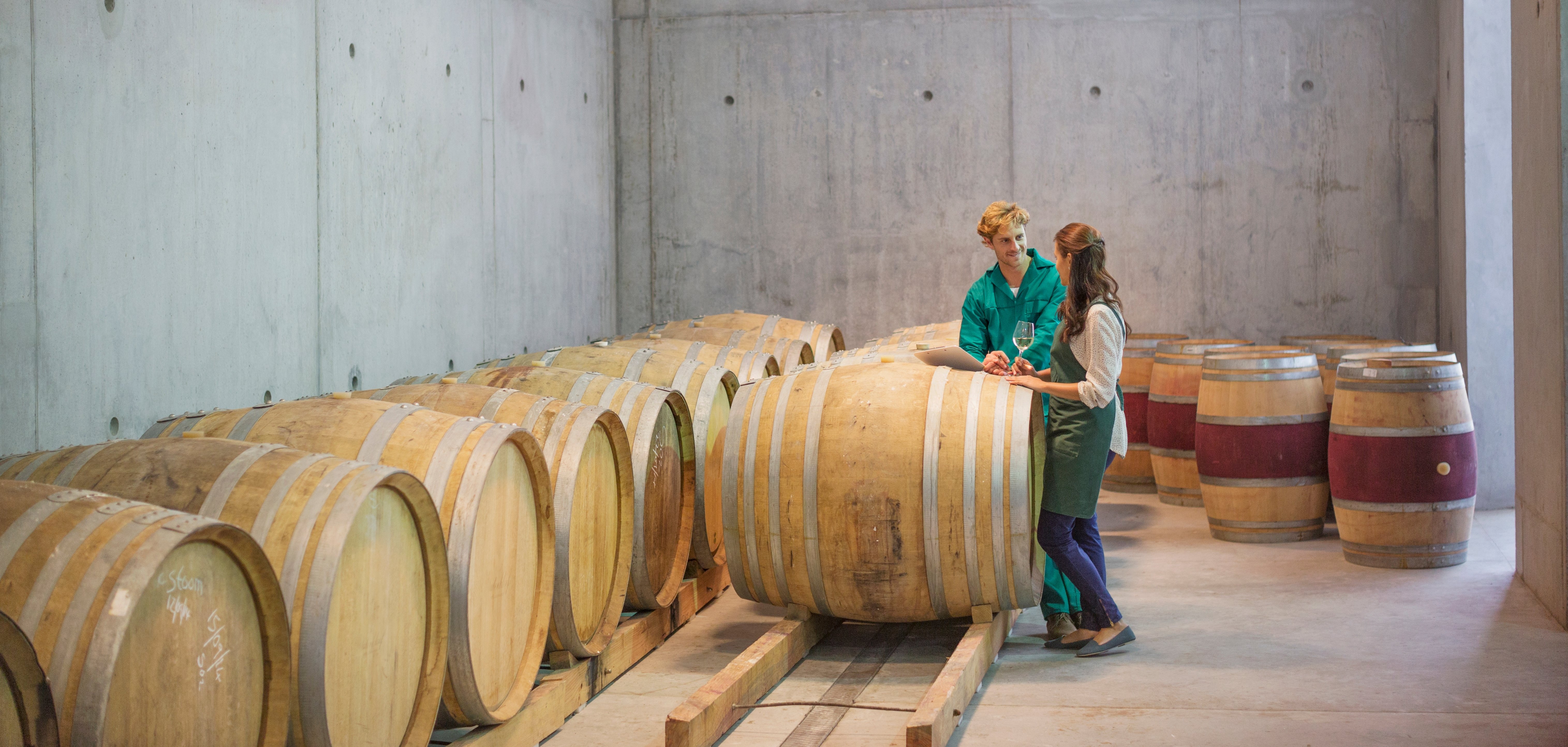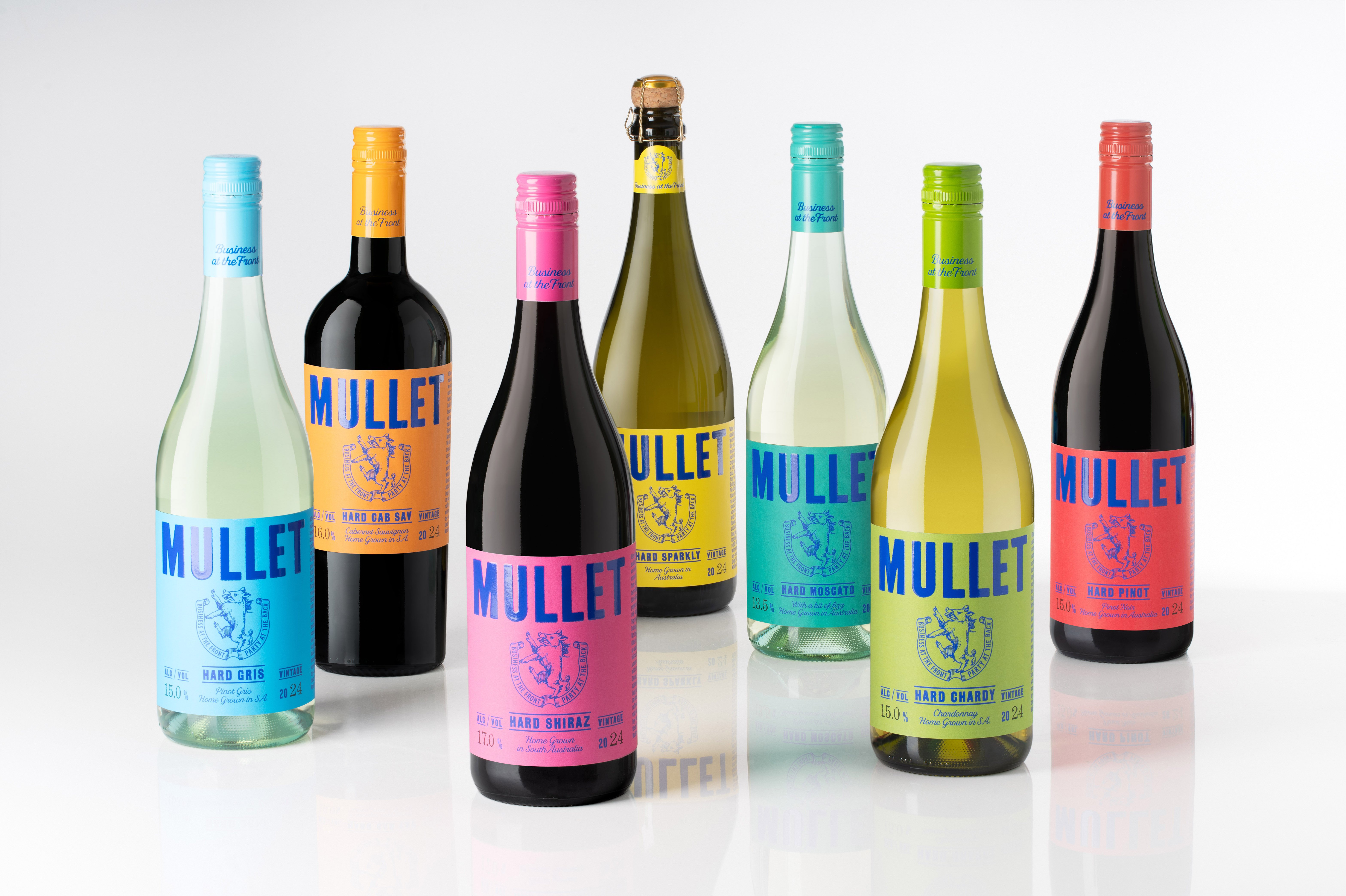Michael Fragos Chief Winemaker and General Manager with Rachel Steer Viticulturist at Chapel Hill in McLaren Vale discuss their approach to sustainability now and into the future.
What is Chapel Hill’s view on glass bottles in the wine industry?
Michael Fragos: When it comes to sustainability, glass bottles are the elephant in the room. We are keeping an open mind on the development of glass bottle alternatives. In the first instance we are moving as many of our wines over to locally produced bottles to replace imported glass to limit the environmental impact of freight.
Can you outline the strategies and programs in place at Chapel Hill that contribute to its sustainable profile?
Rachel Steer: Chapel Hill is certified with Sustainable Winegrowing Australia (SWA) for both its vineyards and winery. You can find information about the program at the following link: https://sustainablewinegrowing.com.au/
How long has Chapel Hill been committed to sustainability?
Rachel Steer: Chapel Hill has always had a sustainable approach, both in the vineyards and winery due to our sensitive location, surrounded by the Onkaparinga River National Park and perched above the Onkaparinga Gorge. Chapel Hill has been a member of SWA (previously called SAW) since its inception more than ten years ago. SAW was developed as a regional program in McLaren Vale and has since been taken on by the Australian wine industry as the national sustainability program. As part of our SWA membership, we have a detailed Sustainability Action Plan (SAP) which looks at all aspects of our business and is reviewed quarterly to ensure we are meeting our goals. We also have a Biodiversity Action Plan (BAP) which has identified suitable areas on the property for clearing feral woody weeds and revegetating with local indigenous species.
Water for vineyard irrigation is sourced from the Willunga Basin reclaimed water scheme. Continuous soil moisture monitoring and automated irrigation are used for optimum efficiency. All winery waste both liquid and solid is treated and reused on site. Solid winery waste (skins, seeds and bunch stems) is composted and used back on the vineyard. All other waste streams are carefully monitored with reuse and recycling options in place wherever possible. Both the winery and vineyards are operated with low-input strategies. Chapel Hill has recently installed solar systems for both the winery and vineyards.
This is an excerpt from the Winter Edition of Drinks Trade Magazine. Read the full story here.
Share the content
